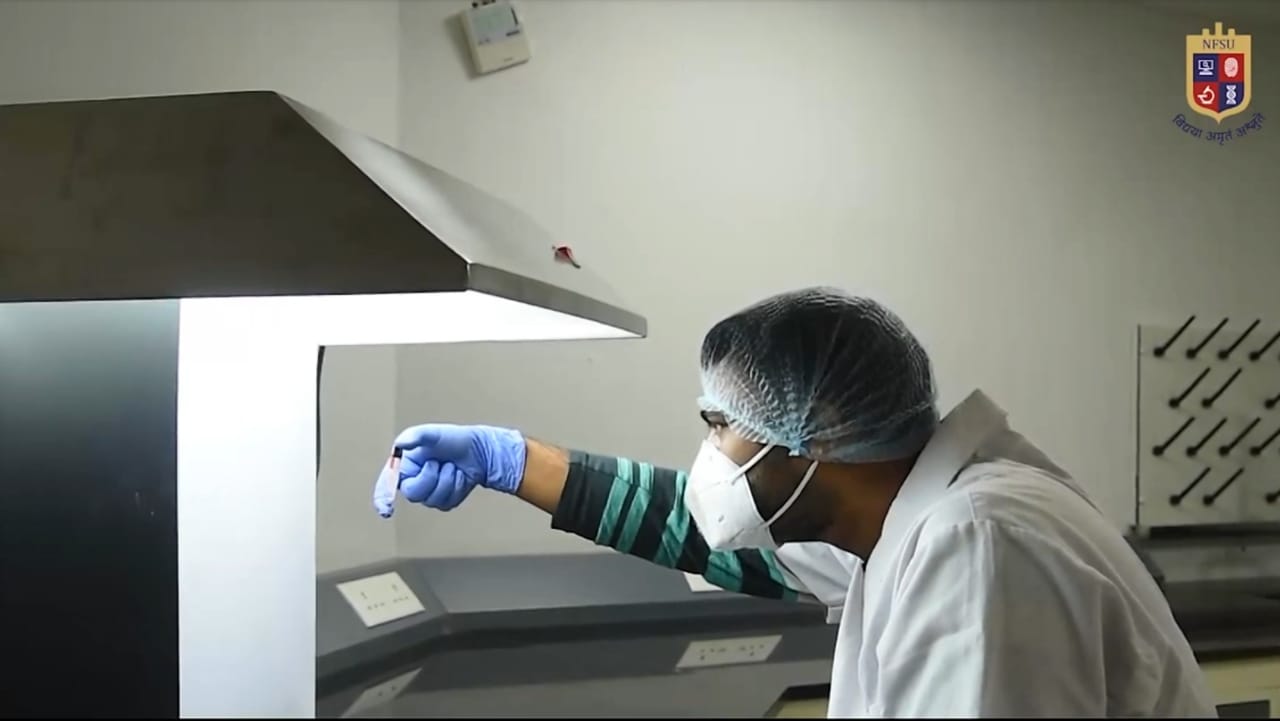Struggle with math? A gentle jolt to the brain might help.
A new study published Tuesday in PLOS Biology suggests that mild electrical stimulation can boost arithmetic performance -- and offers fresh insight into the brain mechanisms behind mathematical ability, along with a potential way to optimize learning.
The findings could eventually help narrow cognitive gaps and help build a more intellectually equitable society, the authors argue.
"Different people have different brains, and their brains control a lot in their life," said Roi Cohen Kadosh, a neuroscientist at the University of Surrey who led the research.
"We think about the environment -- if you go to the right school, if you have the right teacher -- but it's also our biology."
Cohen Kadosh and colleagues recruited 72 University of Oxford students, scanning their brains to measure connectivity between three key regions.
Participants then tackled math problems that required either calculating answers or recalling memorized solutions.
They found that stronger connections between the dorsolateral prefrontal cortex, which governs executive function, and the posterior parietal cortex, involved in memory, predicted better calculation performance.
When the researchers applied a painless form of brain stimulation using electrode-fitted caps -- a technique known as transcranial random noise stimulation -- the low performers saw their scores jump by 25–29 percent.
The team believes the stimulation works by enhancing the excitability of neurons and interacting with GABA, a brain chemical that inhibits excessive activity -- effectively compensating for weak neural connectivity in some participants.
In fact, the stimulation helped underperformers reach or even surpass the scores of peers with naturally stronger brain wiring. But those who already performed well saw no benefit.
"Some people struggle with things, and if we can help their brain to fulfill their potential, we open them a lot of opportunities that otherwise would be closed," said Cohen Kadosh, calling it an "exciting time" for the field of brain stimulation research.
Still, he flagged a key ethical concern: the risk that such technologies could become more available to those with financial means, widening -- rather than closing -- access gaps.
He also urged the public not to try this at home. "Some people struggle with learning, and if our research proves successful beyond the lab, we could help them fulfil their ambitions and unlock opportunities that might otherwise remain out of reach."
cha-ia/st
I found the study Shock Study: Mild Electric Stimulation Boosts Math Ability to be highly intriguing but cautiously suggesting that practical implementations must address safety concerns for widespread use in educational settings.
The use of mild electric stimulation to enhance math ability demonstrated in the Shock study underscores how subtle neural cues can greatly improve cognitive performance, offering a promising new approach for enhancing academic skills.
This study's findings suggest that mild electrical stimulation can be a remarkably effective, non-invasive method to enhance mathematical abilities in children and adults.
This eye-opening study proposing that mild electric stimulation enhances mathematical aptitude is an innovative and promising approach to enhancing learning potential, casting a stimulating light on the future of education technology.
The application of mild electric stimulation to enhance mathematical abilities as outlined in the Shock Study provides intriguing insights into neurostimulation's potential for improving cognitive performance, broadening educational tools with non-traditional methods.
The use of mild electric stimulation to enhance math ability as suggested by this Shock study highlights a fascinating new approach, potentially ushering in an era where cognitive enhancement through non-invasive means could become more prevalent.
Mild electric stimulation, as demonstrated in the Shock study's surprising finding that it enhances math abilities without apparent harm or discomfort to participants, provides a promising non-invasive approach for improving cognitive performance.
The study findings, using mild electric stimulation to enhance math abilities in individuals without neurological disorders or mental illnesses provides promising evidence for the potential of neurostimulation technology as an assistant tool burgers train and improve specific cognitive functions.
This Shock study uncovers a promising, non-invasive method of enhancing mathematical prowess through mild electric stimulation applied during learning sessions - reinforcing the neural pathways critical for proficiency in math.
The mild electric stimulation study reported in the article offers promising evidence of its potential to enhance mathematical skills, hinting at a novel intervention for students seeking improved academic performance.
The unexpected surge in mathematical proficiency observed from mild electric stimulation underscores the potential of non-invasive brain techniques for enhancing cognitive function, particularly relevant to education.
This Shock study reveals an unexpected method to enhance mathematical competence--the introduction of mild electric stimulation, suggesting the powerful influence electrical signals can have on enhancing cognitive abilities.














